This Delicacy Served in Nice Restaurants Is Causing Major Concerns in the UK
Foie gras, a delicacy celebrated in many high-end restaurants, is currently a focal point of debate in the UK.
Giles Watling, a Conservative Member of Parliament, has brought to light potential hazards linked with its importation, emphasizing the necessity for a comprehensive review of the luxury item and its place in the British market.
Unpacking the Production Techniques
Foie gras is produced through a procedure that involves force-feeding ducks and geese. This process, which is geared towards harvesting their livers, has sparked significant debate within Westminster.
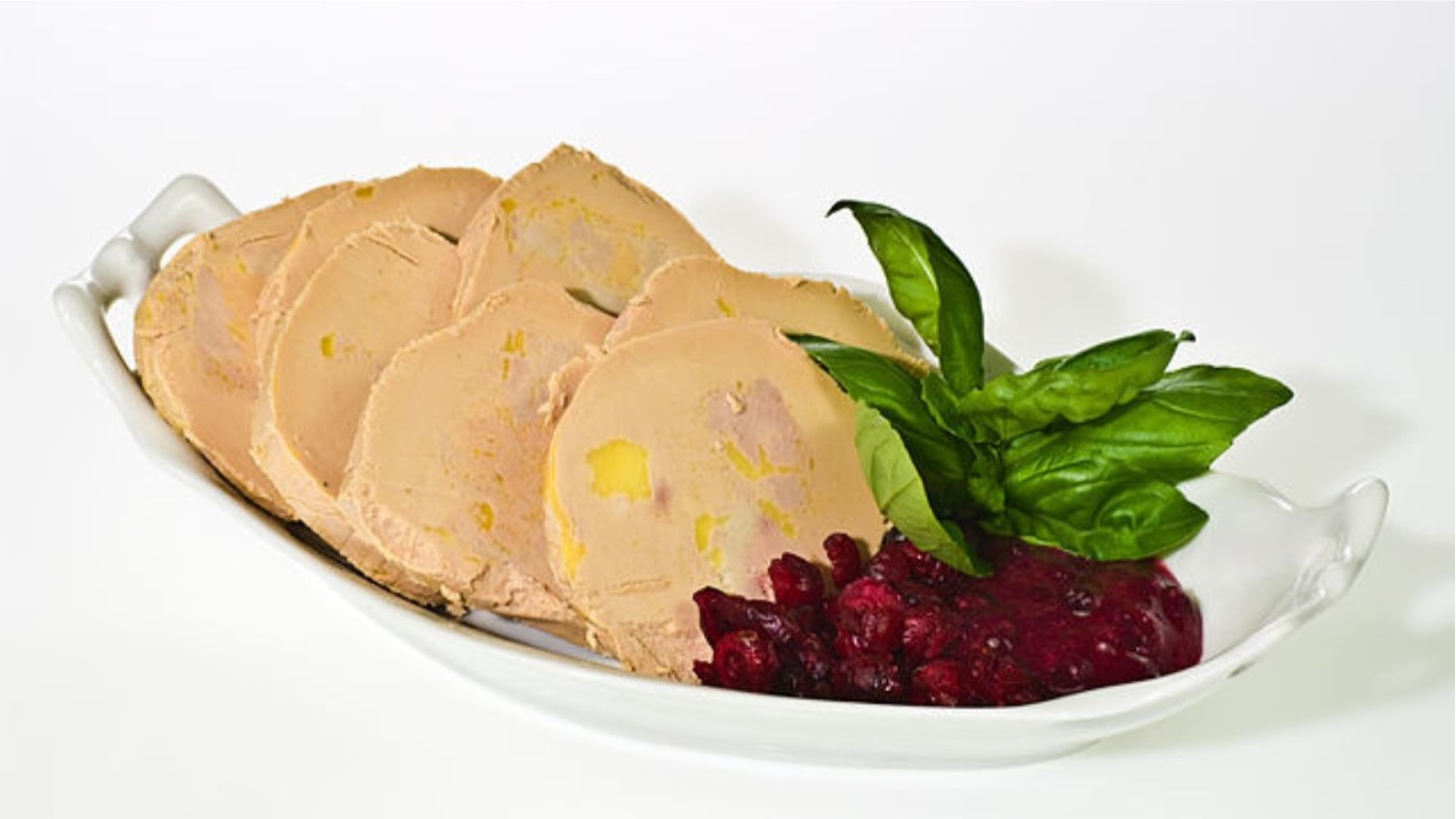
Source: Wikimedia Commons
Many lawmakers and activists have raised questions about animal welfare and the ethical ramifications of such a production method.
Risks in the Limelight
Citing previous challenges like the bed bug outbreak, Giles Watling suggests that the UK’s import mechanisms may have vulnerabilities.
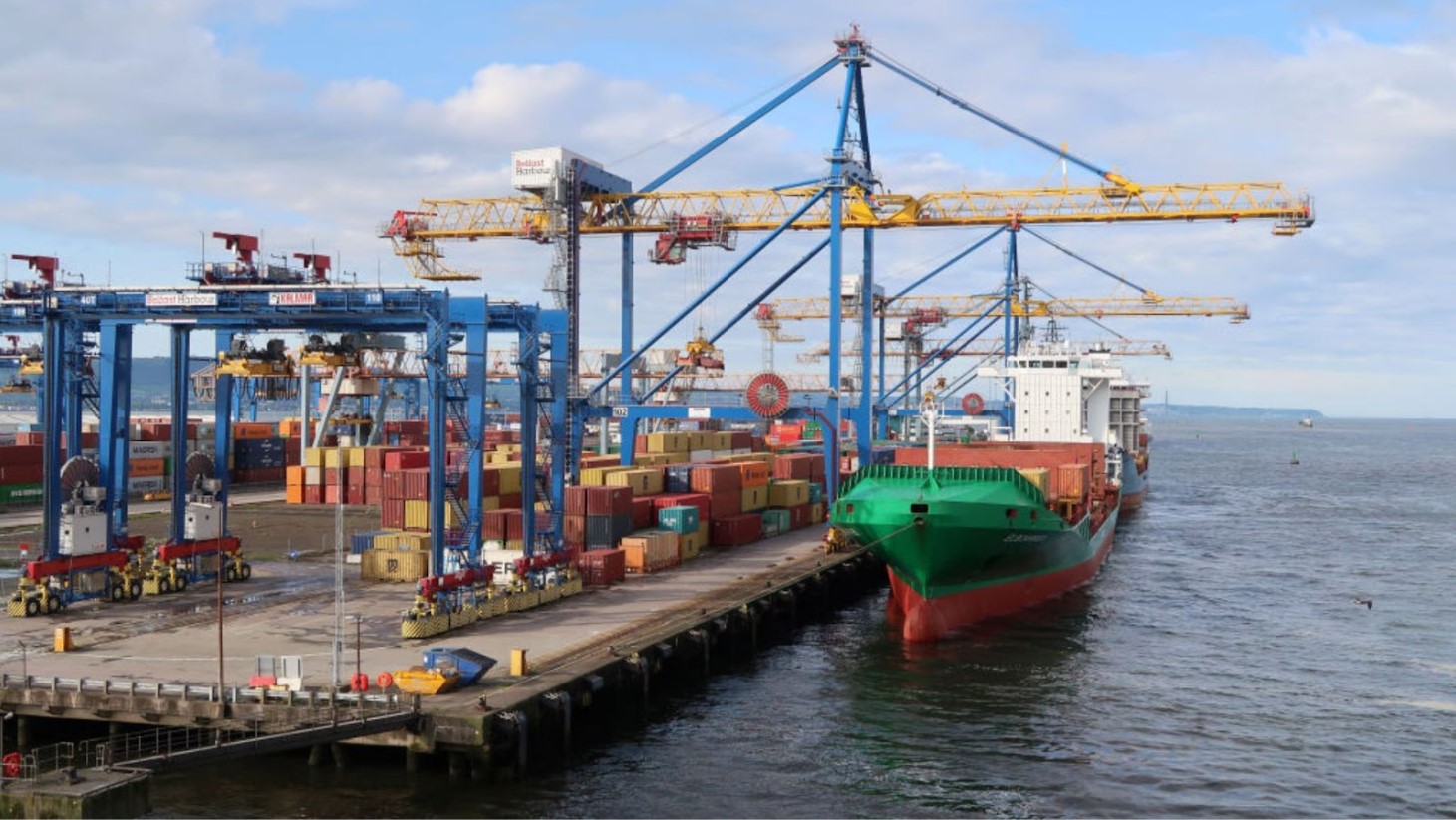
Source: Getty Images
These past incidents highlight the need for rigorous scrutiny when it comes to importing products, such as foie gras, to ensure the safety and well-being of the population.
Advocacy and Concern From a Member of Parliament
As the chair of the all-party Parliamentary group focused on animal welfare, Watling’s advocacy is rooted in preventing any conditions that might foster another health crisis.
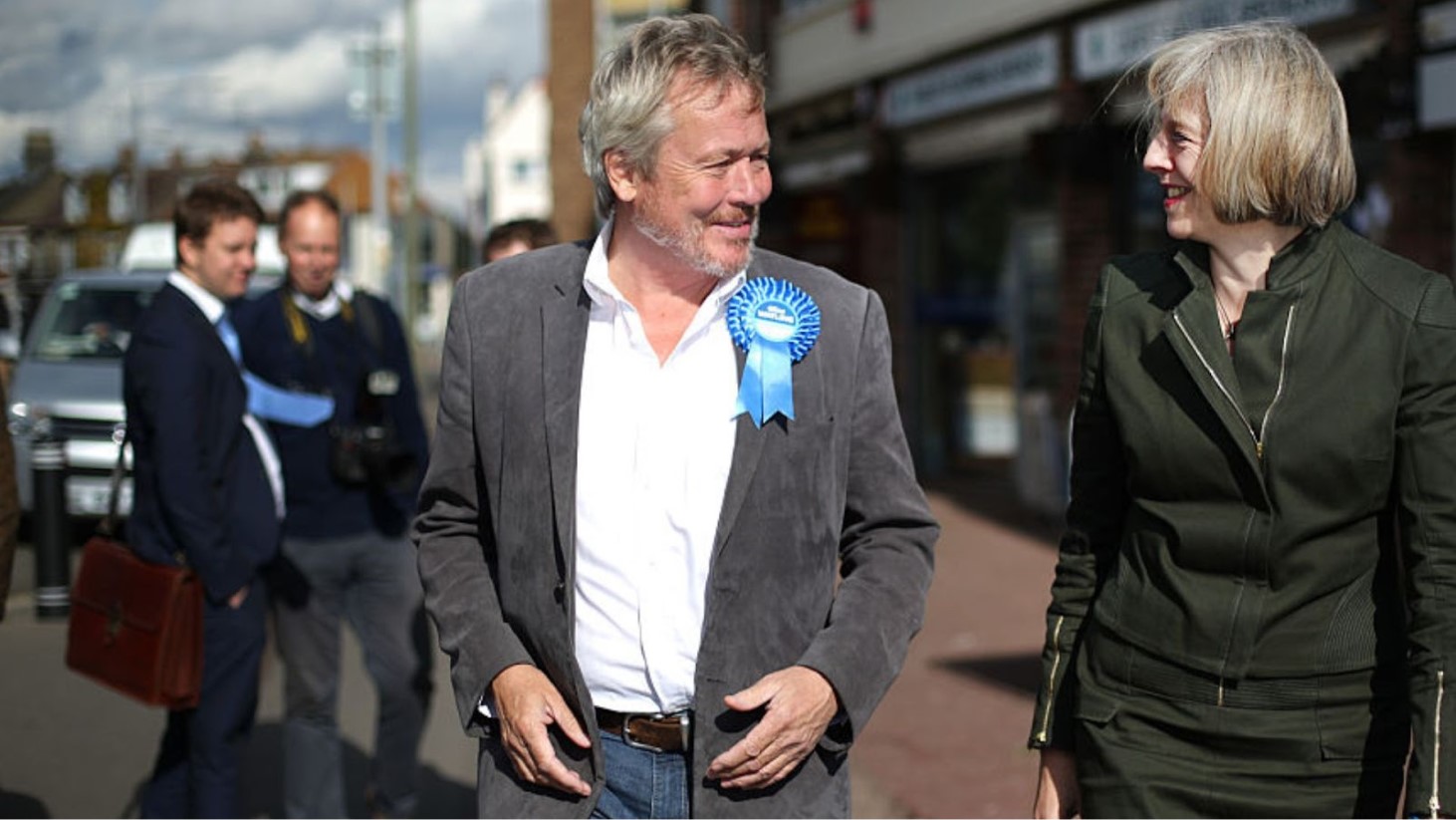
Source: Getty Images
Through his statements, Watling has continuously highlighted the broader implications of importing foie gras, especially concerning public health and safety.
Is the Government's Response in Line With Popular Sentiment?
By not proactively addressing the intricacies surrounding the foie gras industry, there exists a potential perception that the government might be somewhat out of sync with the broader British sentiment.
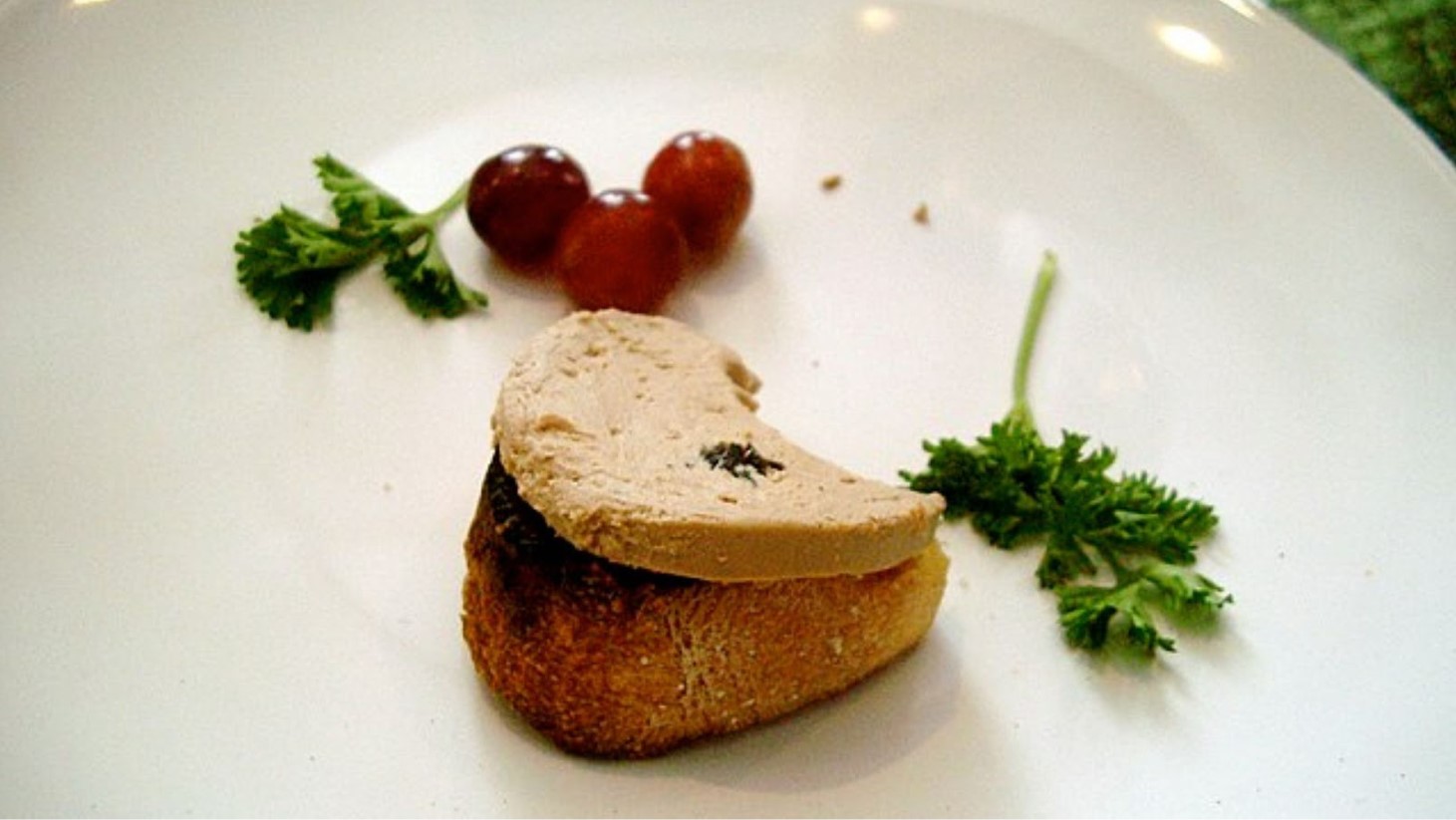
Source: Wikimedia Commons
Watling’s comments shed light on this delicate balance and the importance of ensuring the government’s decisions resonate with public opinion.
Production vs. Importation in the UK
The UK has regulations against the domestic production of foie gras. However, its importation is permissible.
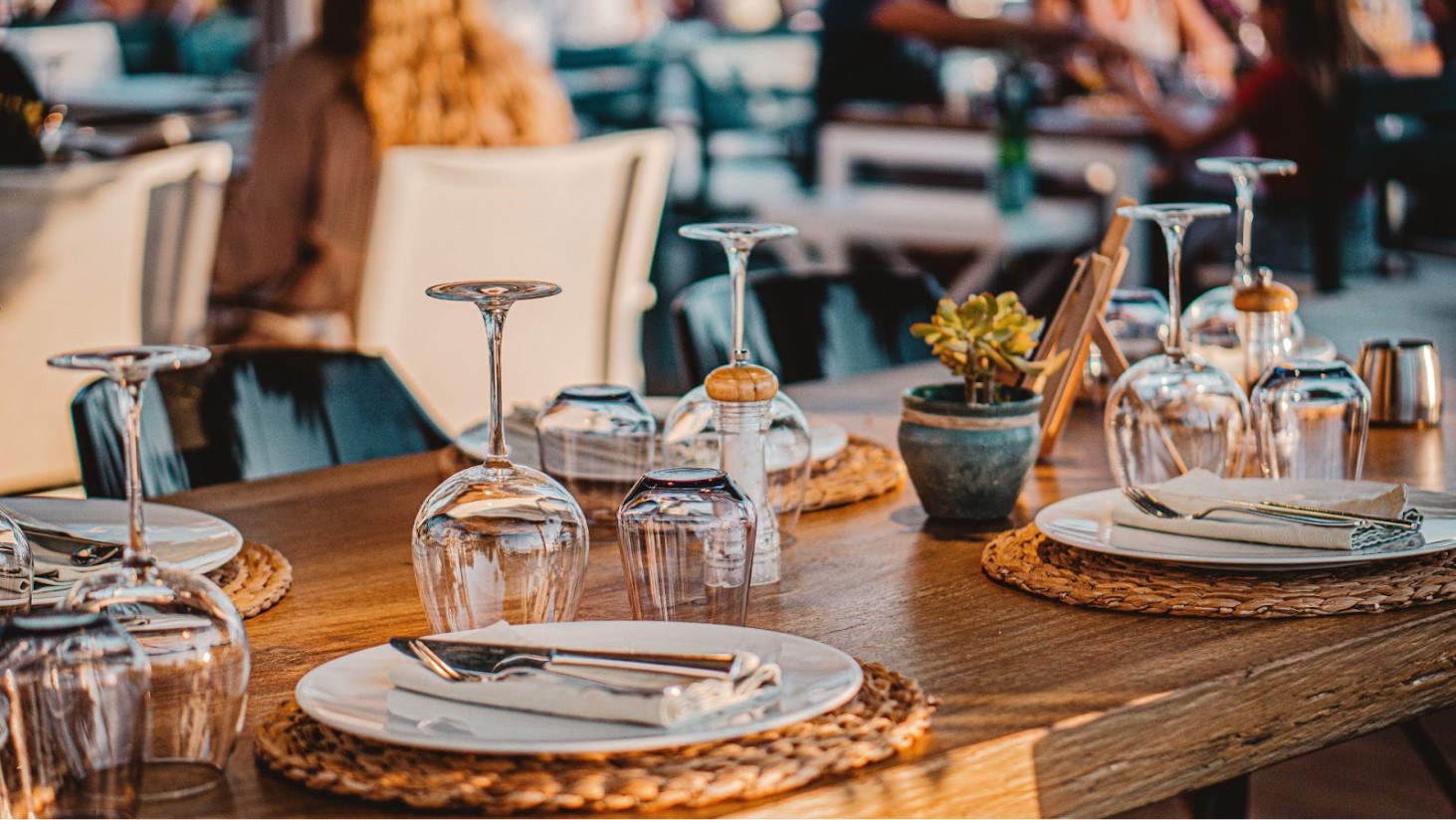
Source: Carlos Lindner/Unsplash
With several recorded disease outbreaks linked to foie gras production in France, Watling stresses the importance of acknowledging that geographical barriers, like the English Channel, don’t necessarily offer protection against all potential threats.
Broader Concerns and Voices in Parliament
Adding to the discourse, Conservative member of Parliament (MP) Bob Stewart has highlighted the sentience of ducks and geese.
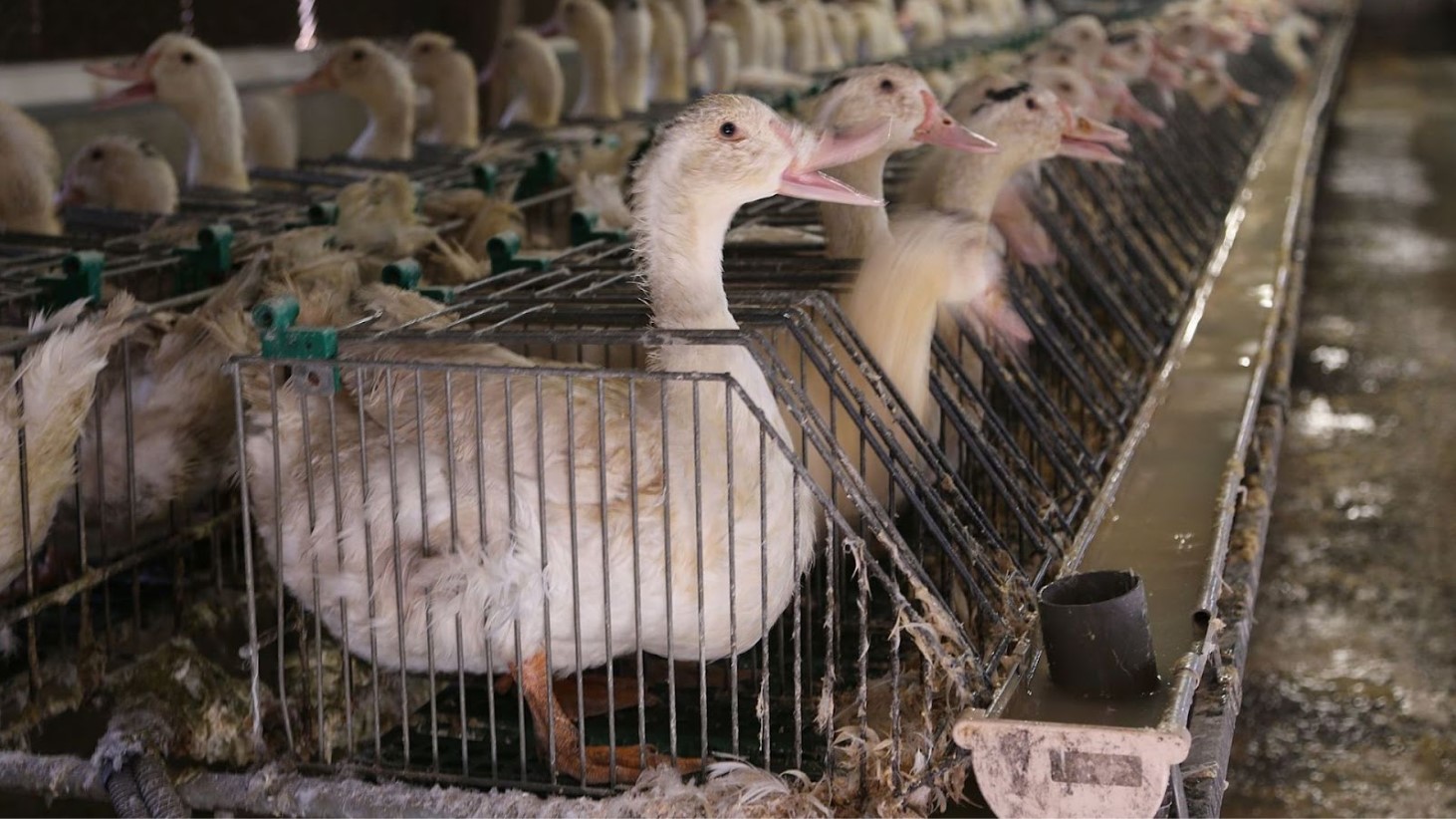
Source: Wikimedia Commons
By vividly portraying the experience of these animals during the force-feeding process, Stewart accentuates the importance of reassessing the ethical implications intertwined with foie gras imports.
Navigating the Government's Stance on the Issue
While the concerns about foie gras are evident, the government hasn’t definitively committed to any particular course of action.
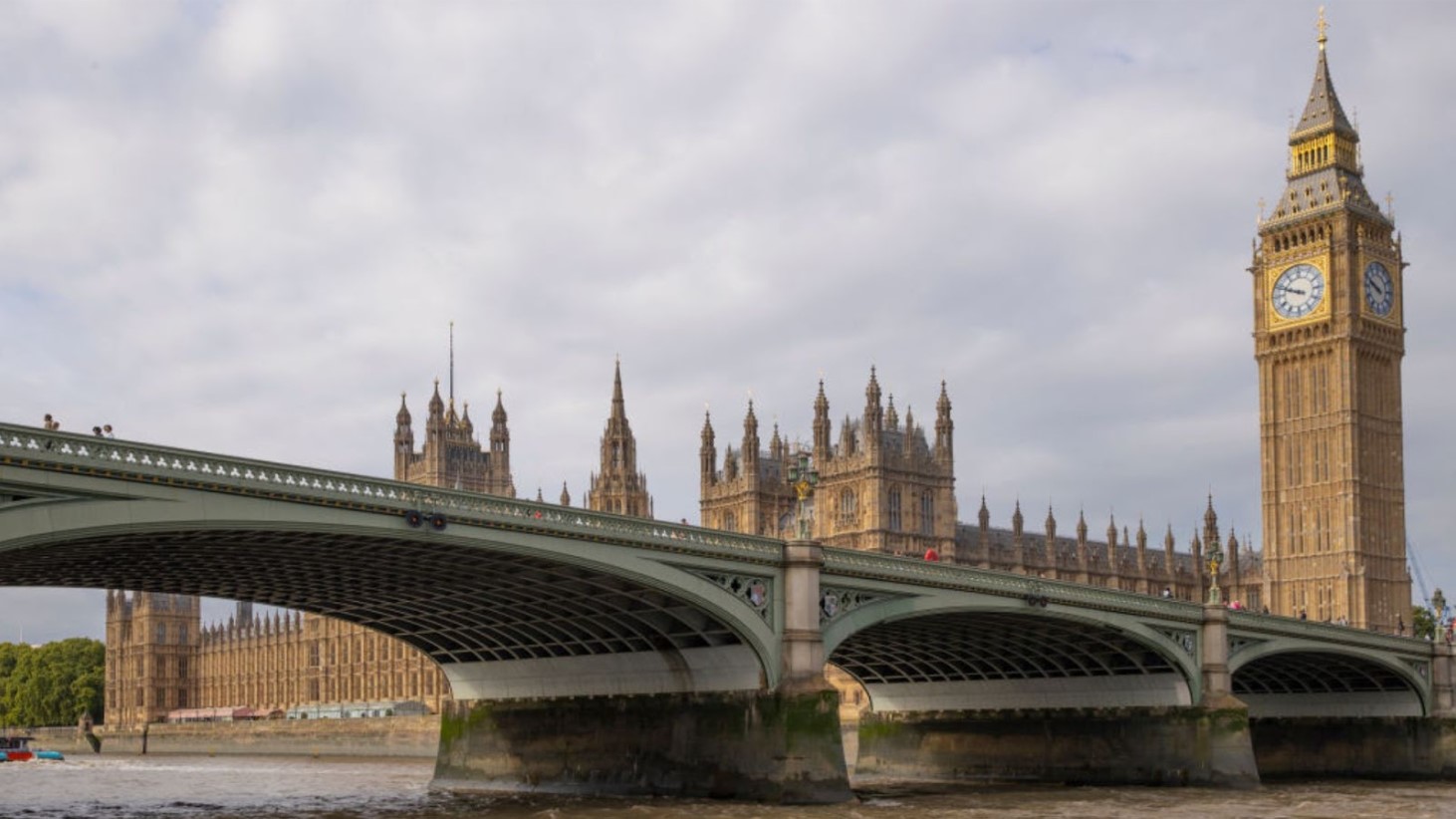
Source: Getty Images
MP Rebecca Pow stresses the importance of consumer autonomy, suggesting that the choice to purchase or abstain lies primarily with the individual.
Seeking Insights From Global Actions
In their pursuit of a balanced stance, Pow indicates that the UK government is actively gathering data and insights from nations that have chosen to ban foie gras.
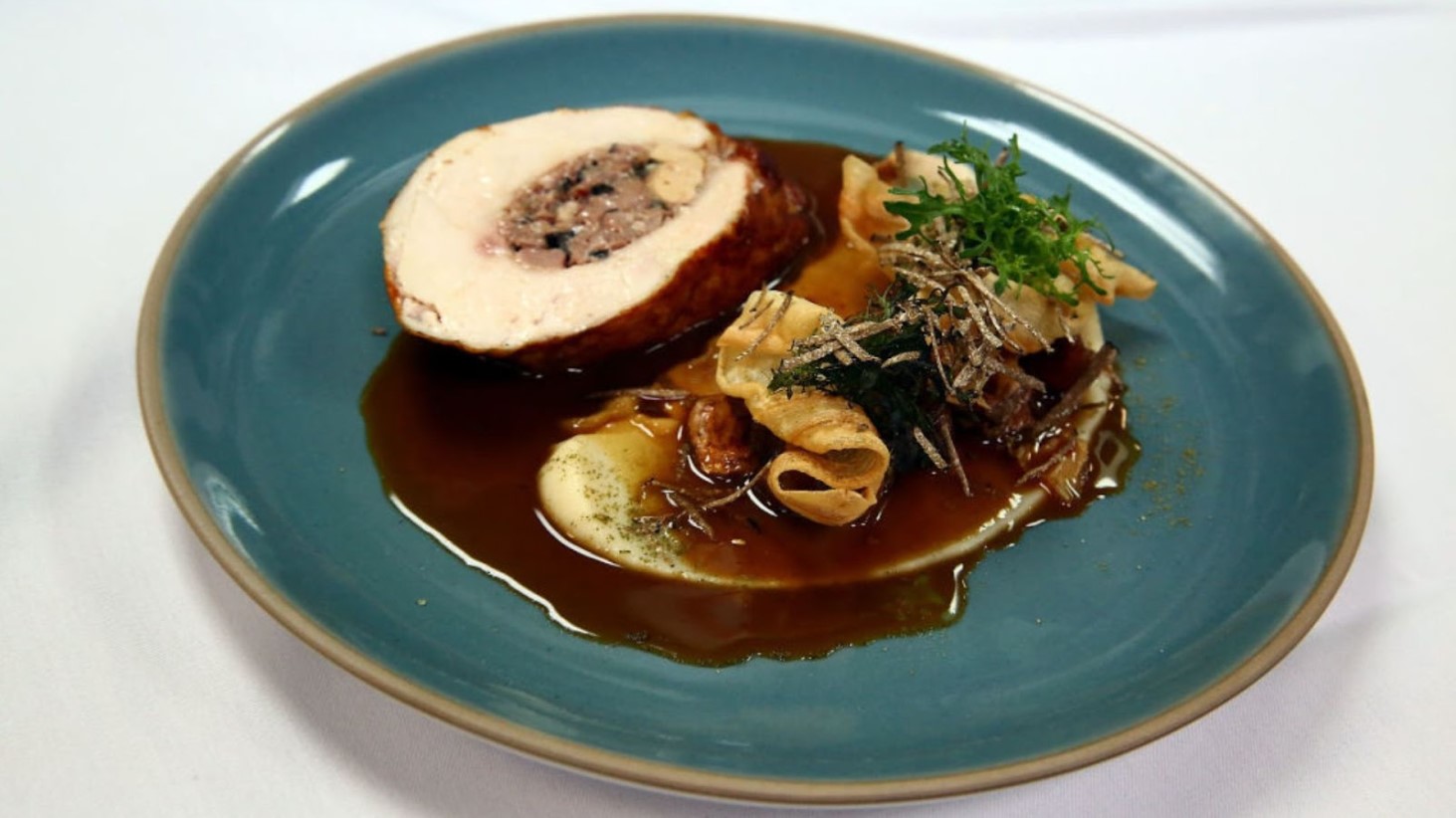
Source: Getty Images
This international perspective could play a pivotal role in shaping the UK’s eventual policy on the matter.
Advocacy Groups and Their Role
Animal Equality UK, a prominent campaign group, has been an attentive observer of the discussions.
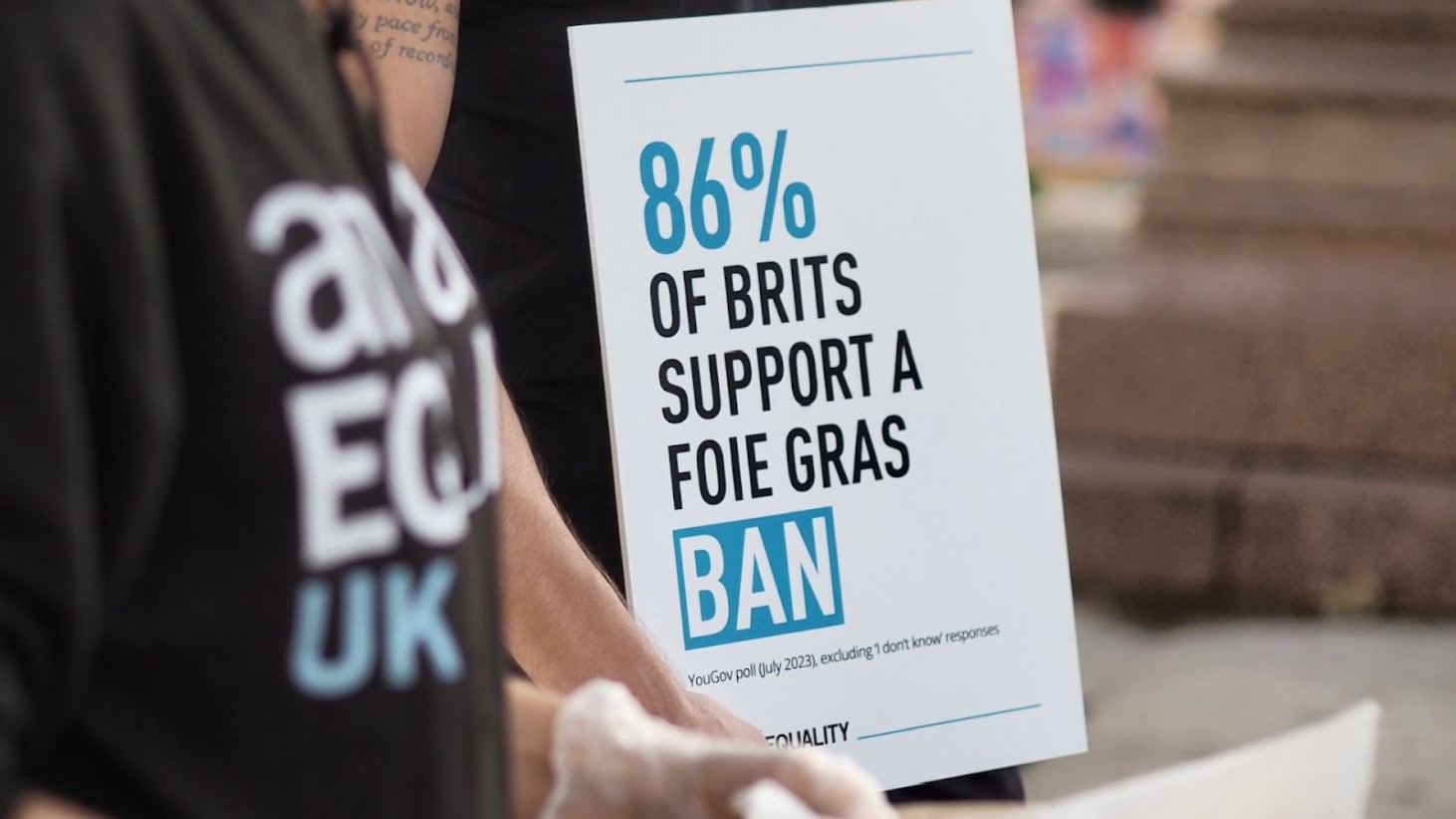
Source: Animal Equality UK/X
They’ve consistently drawn attention to the conditions and treatment of birds during the production of foie gras, providing valuable context to the ongoing debate.
The Reality for Birds in Foie Gras Farms
Various investigative reports indicate that birds, central to foie gras production, often endure confinement in cramped, unsanitary conditions.
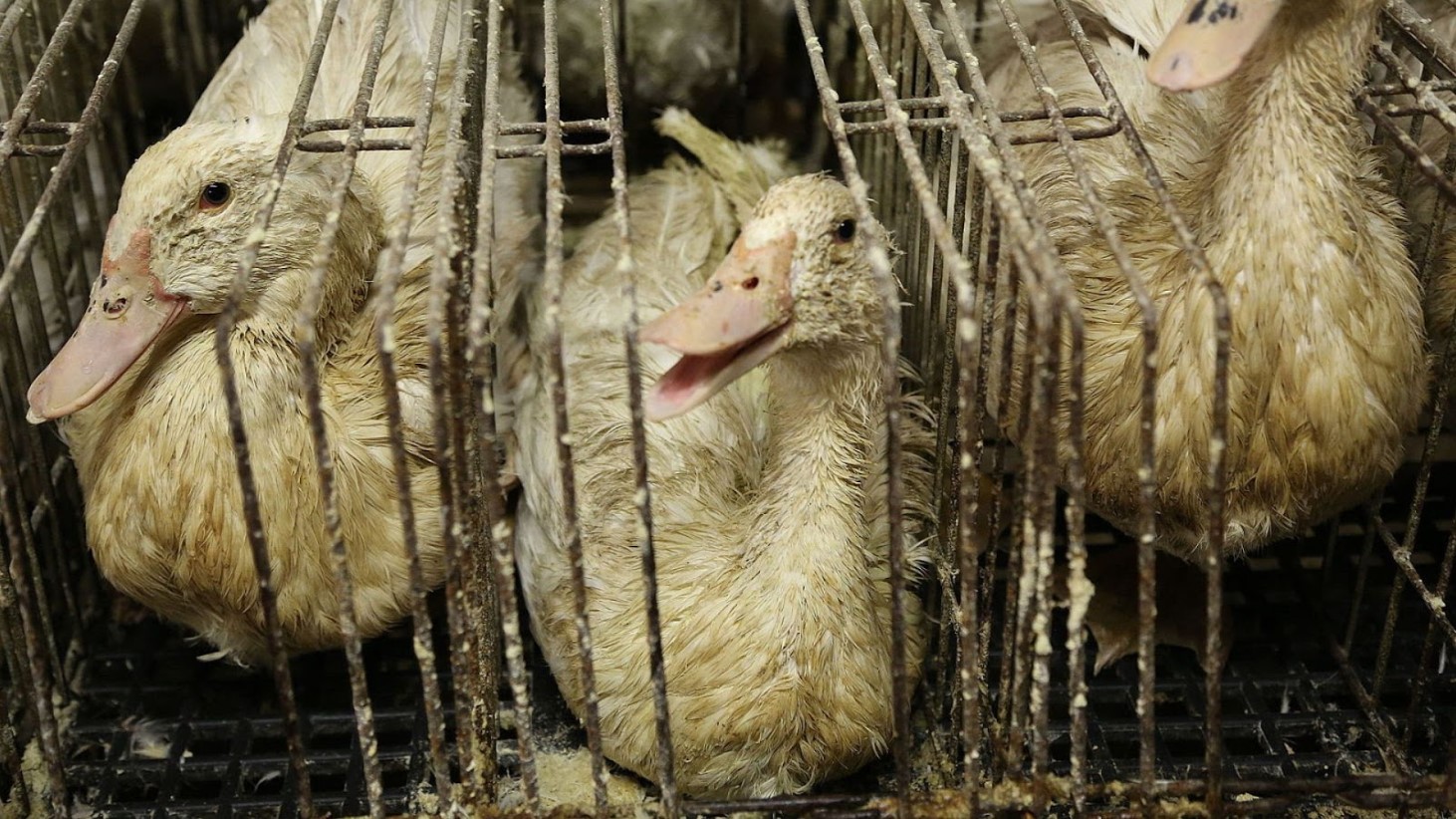
Source: Wikimedia Commons
The force-feeding leads to a significant enlargement of their livers, causing what many believe to be undue distress and discomfort for these animals.
The Complex Layers of the Foie Gras Issue
The discussions surrounding foie gras in the UK are multi-dimensional, touching upon animal welfare, potential health ramifications, and the principle of consumer choice.
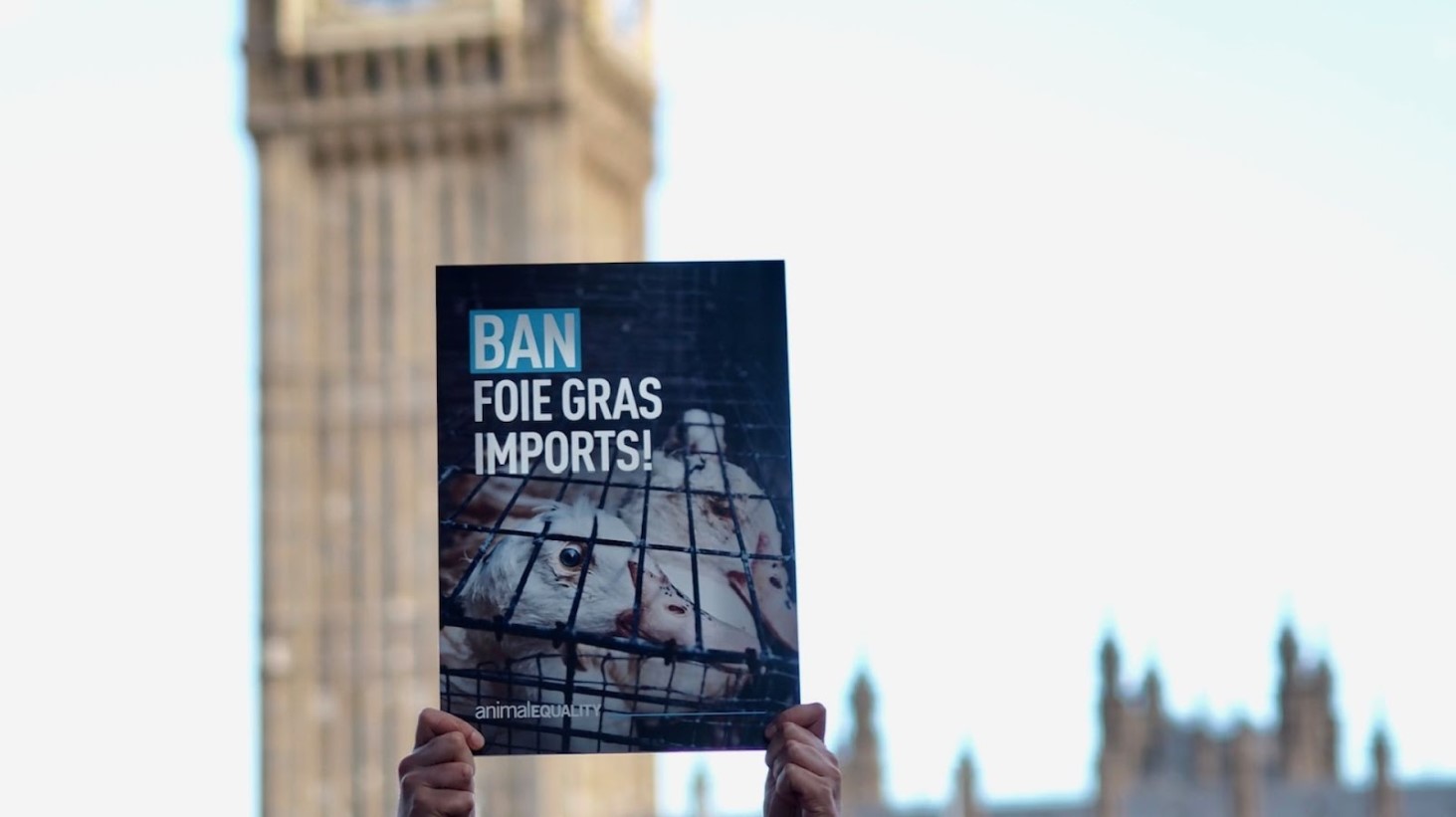
Source: Animal Equality UK/X
As the debate advances, the direction in which the government and the public sway will determine the future of foie gras in the UK market.
